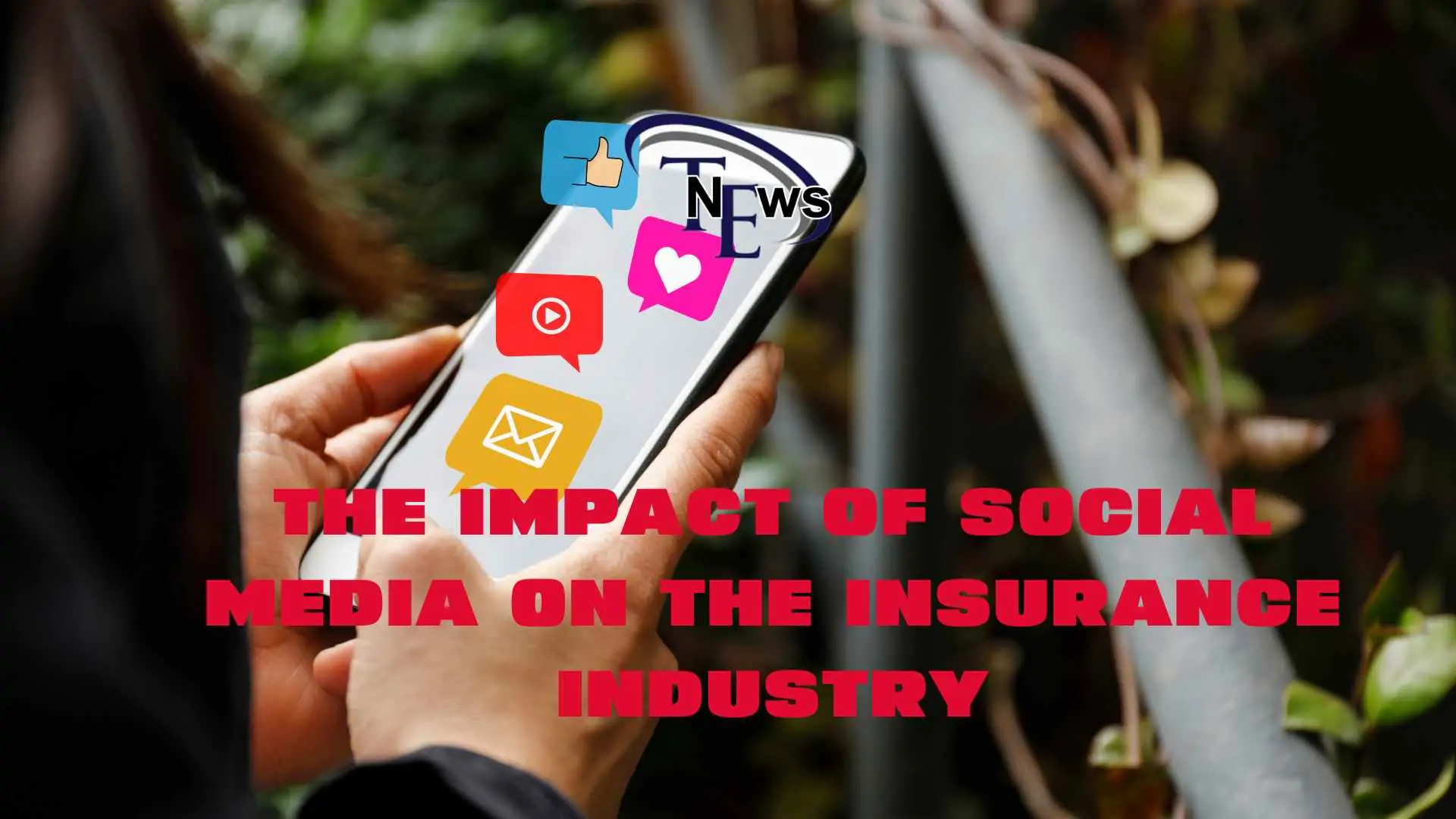In today’s digital age, the influence of social media has permeated almost every aspect of our lives. From keeping up with friends and family to staying updated on the latest trends and news, social media has become an integral part of our daily routine. However, the impact of social media extends far beyond personal connections. It has also made significant waves in the business world, including the insurance industry. In this blog post, we will explore the transformative effects of social media on the insurance sector, from customer interactions and marketing strategies to risk assessment and claims processing. Let’s dive into how this digital revolution has shaped the landscape of the insurance industry.

Social Media’s Role in Customer Interactions
One of the most noticeable effects of social media on the insurance industry is in customer interactions. Insurers have leveraged platforms like Facebook, Twitter, and LinkedIn to engage with policyholders and potential clients. This shift has allowed insurers to establish a more personal and direct connection with their audience. Through social media, insurance companies can respond to inquiries, address concerns, and provide real-time assistance.
The utilization of chatbots and automated response systems on social media platforms has enhanced customer service by ensuring prompt responses. These innovations have not only improved customer satisfaction but have also increased the efficiency of insurance companies. In fact, a study by [insert study name] found that insurance companies using social media for customer service experienced a [insert percentage] increase in customer satisfaction ratings.
Transforming Marketing Strategies
Social media has also reshaped the way insurance companies approach marketing. Traditional marketing methods, such as television and print advertisements, have given way to digital marketing techniques that target specific demographics and interests. Insurance companies have found that social media platforms offer a goldmine of data on user preferences and behavior, allowing for more precise and effective marketing campaigns.
Moreover, social media influencers have become a powerful marketing tool in the insurance industry. These individuals with substantial online followings can influence their followers’ insurance choices. By partnering with influencers who align with their brand, insurance companies can reach a broader and more engaged audience.
Data-Driven Insights for Risk Assessment
The insurance industry thrives on data, and social media provides a treasure trove of information for risk assessment. By analyzing user-generated content, insurers can gain insights into potential policyholders’ habits, lifestyles, and even health. This data can help insurance companies better assess risk and tailor policies to individual needs.
For instance, a person who regularly posts about extreme sports on social media might be considered a higher-risk candidate for health or life insurance. On the flip side, someone who frequently shares healthy recipes and workout routines may be seen as a lower-risk customer. This level of data-driven decision-making allows insurance companies to set more accurate premiums, benefiting both insurers and policyholders.
Expedited Claims Processing
Social media has streamlined the claims processing procedure for insurance companies. Policyholders can now submit claims through social media platforms, simplifying the process and reducing paperwork. Additionally, insurers can use social media to verify the authenticity of claims by cross-referencing them with the claimant’s online activity.
By incorporating social media into claims processing, insurance companies can expedite the payout process and provide policyholders with faster resolutions. This not only enhances the customer experience but also reduces administrative costs for insurance companies.
The Challenges and Concerns
While the impact of social media on the insurance industry is largely positive, it is not without challenges and concerns. Data privacy and security issues arise as insurers gather vast amounts of personal data from social media platforms. Striking the right balance between personalized service and respecting users’ privacy is crucial to maintaining trust.
Additionally, the rise of fake news and misinformation on social media can affect insurance decisions. False information can lead to ill-informed policy choices, potentially resulting in coverage gaps or unnecessary expenses. Insurance companies must work to educate their customers about reliable sources of information and help them navigate the digital landscape.
Conclusion
The impact of social media on the insurance industry is undeniable. From enhancing customer interactions and marketing strategies to providing data-driven insights for risk assessment and expediting claims processing, social media has revolutionized the way insurers operate. However, as with any technological advancement, there are challenges and concerns that must be addressed.
In this digital era, the insurance industry must adapt and embrace the opportunities that social media presents while also safeguarding privacy and promoting responsible information consumption. By striking this balance, insurance companies can harness the full potential of social media, ultimately providing better services to their customers and ensuring the industry’s continued growth and success.
